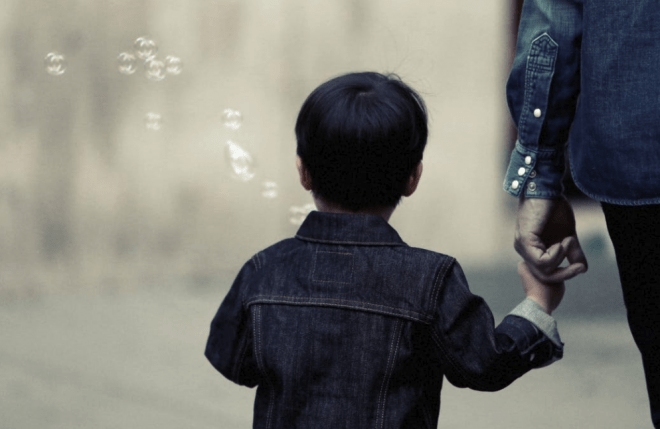The fact that traumatic experiences are encoded and stored differently in the brain explains why we can sometimes know things intellectually (in our head, in our logical brain), but we feel something entirely different (in our sensory responses and in our emotional brain). We may know intellectually that a person … Read More
Trauma & EMDR- Part Four
In this series, we’ve talked about big “T” and small “t” traumas; and I suggested that we’ve all experienced a trauma that has impacted us, whether or not we’ve named it as such. Big “T” traumas: life-threatening events; combat, crimes like rape, kidnapping, and assault; and natural disasters like earthquakes, … Read More
Trauma & EMDR- Part Three
Francine Shapiro, the creator of EMDR (I’ll explain EMDR later in the series), defines trauma as “any event that has had a lasting negative effect… When you lose your peace of mind, or if you never had it, there can be serious physical and psychological consequences no matter what the … Read More
Trauma & EMDR- Part Two
In Part one of this series on trauma and EMDR, we acknowledged that it’s not uncommon for us to have a hard time recognizing traumatic events in our own lives. The reason we may need to look carefully and honestly at our past is because traumatic incidents often hijack our current … Read More
Trauma & EMDR- Part One
Most of us consider a “traumatic” event to be something we hear about in the news – or those terrible things that happen to other people. We reserve the use of the word “trauma” for the experiences of war veterans or survivors of natural catastrophes or terrorist attacks. But trauma … Read More
Psychological Abuse – Part 1
When asked about the presence of “abuse” – many of us have our own mental images of what that means, and we’ll say things like, “My childhood was fine. My parents provided for all my needs and no one was abusive or anything.” It may be surprising to learn that … Read More
Emotion-Coaching Parents: Part 4
In The Science of Trust (2011), Dr. John Gottman identified two different types of parents: “emotion-coaching” parents and “emotion-dismissing” parents. This is the fourth blog of a four-part series, and instead of looking at what it means to be an emotion-coaching parent, this last one will address emotion-coaching your significant … Read More
Emotion-Coaching Parents: Part 3
In The Science of Trust (2011), Dr. John Gottman identified two different types of parents: “emotion-coaching” parents and “emotion-dismissing” parents. Read Part 1 for the hallmarks of emotion-coaching versus emotion-dismissing parents. So, you want your children to have the best shot at emotional intelligence and emotional resilience. You want them … Read More
Emotion-Coaching Parents: Part 2
In The Science of Trust (2011), Dr. John Gottman identified two different types of parents: “emotion-coaching” parents and “emotion-dismissing” parents. Read Part 1 for the hallmarks of emotion-coaching versus emotion-dismissing parents. Now that we’re clear about the differences, let’s talk about why it’s worth taking the time to implement emotion-coaching … Read More
Emotion-Coaching Parents: Part 1
In The Science of Trust (2011), Dr. John Gottman identified two different types of parents: “emotion-coaching” parents and “emotion-dismissing” parents. Through research and coding interactions, they found that emotion-dismissing parents were trying to get their children to change their negative emotions into positive emotions. They disapproved of the negative emotion … Read More










